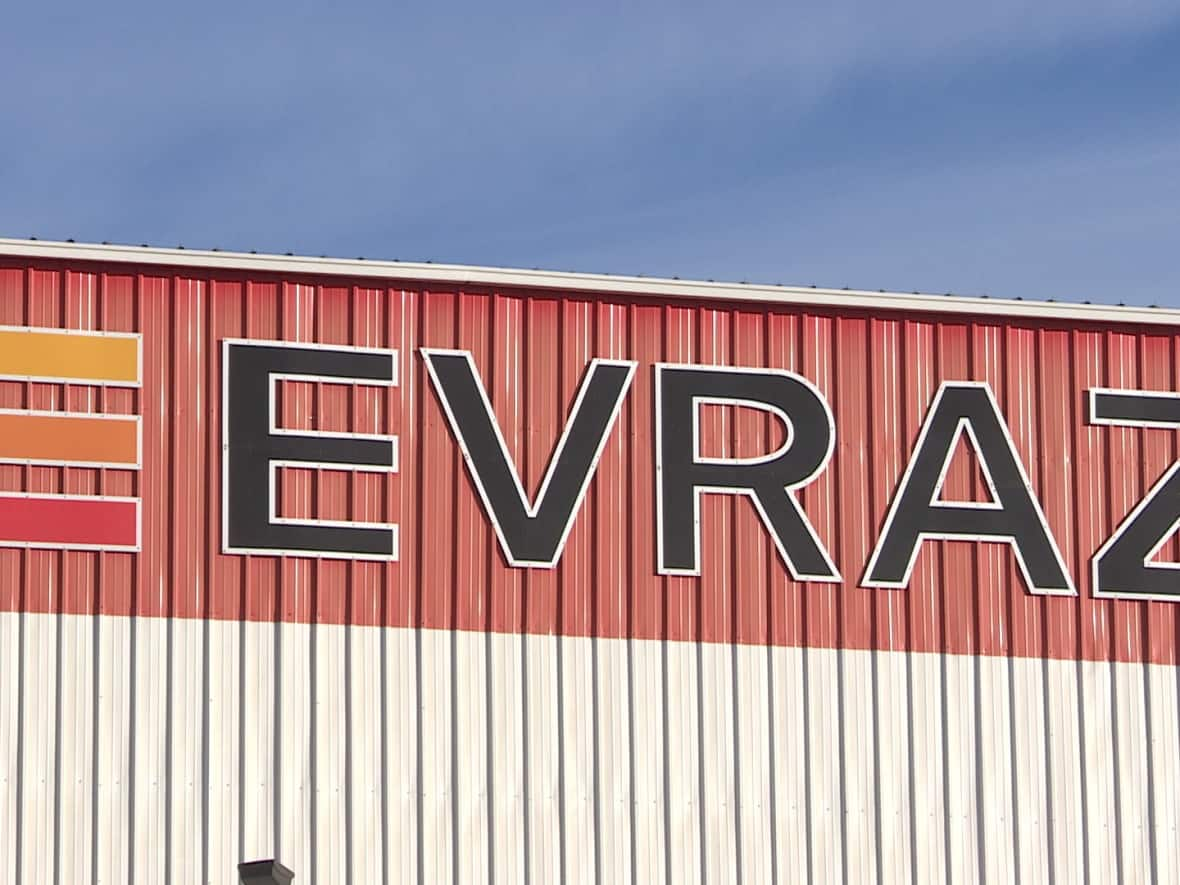Shares of steel maker Evraz continue weeks-long plummet amid Russian invasion of Ukraine

Ottawa isn't ruling out sanctions against Russian-owned companies operating in Canada following the invasion of Ukraine — a list that could include the steel maker Evraz, one of Regina's largest employers, and whose majority shareholder is a Russian oligarch.
"Everything is on the table and we are looking carefully at the holdings of oligarchs in Canada," federal Finance Minister Chrystia Freeland told reporters Tuesday when asked directly about imposing sanctions on Evraz.
Even without sanctions, the share price for the steel company — which is headquartered in the U.K. and has facilities in Alberta and Saskatchewan — is in free-fall.
It's plummeted by nearly 90 per cent in the past month as investors watched tensions escalate and the threat of a Russian invasion grow, said Keith Willoughby, dean of the Edwards School of Business at the University of Saskatchewan.
The majority shareholder of Evraz is the Russian oligarch Roman Abramovich, who owns a 28.6 per cent stake in Evraz. He has ties to Russian President Vladimir Putin, according to the U.S. Treasury Department.
That puts the company directly in Ottawa's sight, after Russia launched an invasion of Ukraine last week that has been condemned by most of the global community.

Canada is part of a global effort to stop the invasion by implementing a variety of economic and social sanctions designed to pressure the Russian president into ending the invasion.
"I have to be honest with Canadians that there could be some collateral damage in Canada" from those sanctions, Freeland said Tuesday.
"In order to really have an impact, we are going to have to be prepared for there to be some adverse consequences for our own economies."
Willoughby said the speed and cohesion with which countries are applying sanctions to Russian-owned companies is unprecedented.
"I don't know if I've seen as much of a wide thrust in terms of sanctions … whether it's economic or political, even sports."
In the short term, Willoughby doesn't expect sanctions against Evraz, if implemented, to impact employment or operations in Regina.
"I don't see this yet drilling down to a situation where you would see layoffs or a shutdown of facilities," he said, but if sanctions are implemented and drag on, local jobs and contracts could be at risk.
"I think that's where it gets more worrisome from a local business perspective."
According to the Evraz website, its Regina facility produces carbon steel slabs and large-diameter pipe used for oil and gas pipeline. While details specific to Saskatchewan are scarce, the Regina facility has been in operation since 1961 and is one of the city's biggest employers.
Evraz supplied steel for the Trans Mountain pipeline expansion, which was fully delivered by the second quarter of 2021, Freeland said.
A spokesperson for Evraz did not immediately respond to requests for an interview, nor did they provide details on the Regina facility.
Provincial government spokesperson Matthew Glover said there will undoubtedly be economic repercussions if Ottawa sanctions Evraz.
"While international sanctions fall under federal authority, we believe Russia should face appropriate consequences for its illegal aggression against Ukraine," Glover said in an emailed statement.

 Yahoo Movies
Yahoo Movies 
